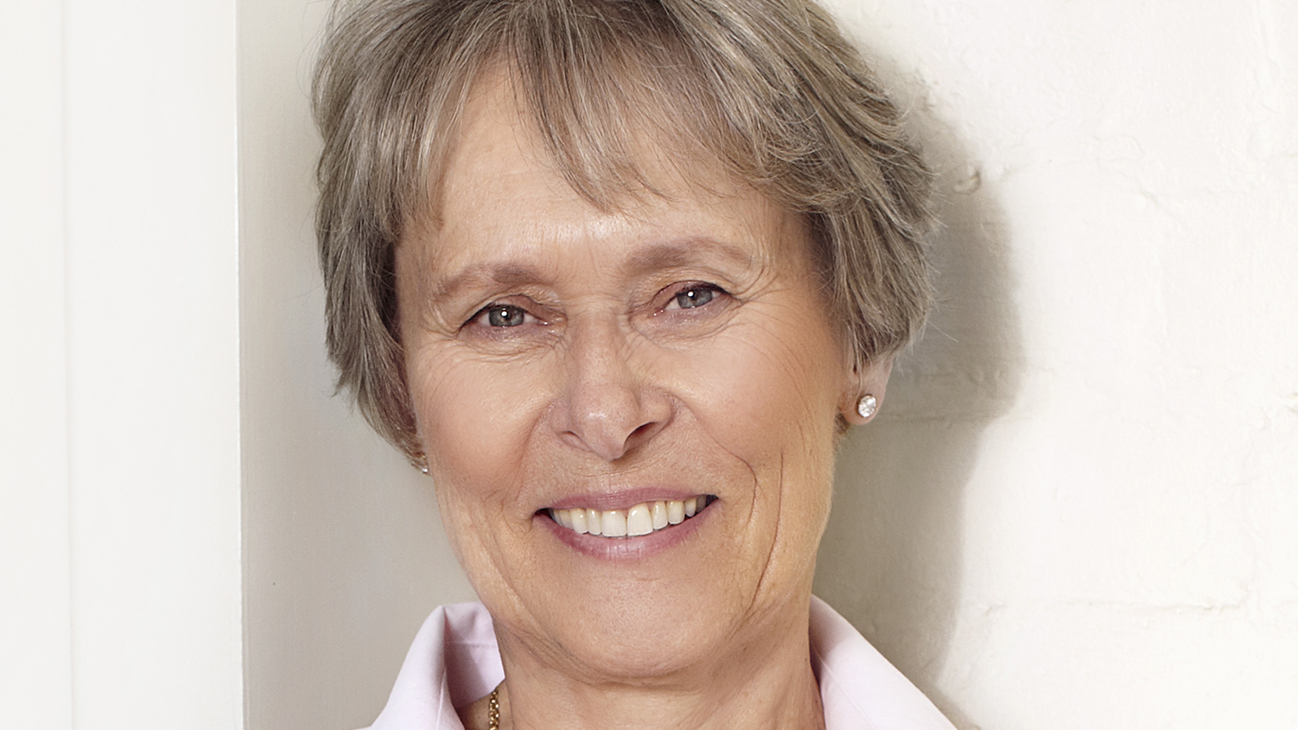An astronaut, physician, and photographer, Dr. Roberta Bondar expanded the horizons of millions when she joined the space shuttle Discovery for its 1992 mission. Dr. Bondar’s highly motivational talks–punctuated by her stunning photographs–focus on change, social responsibility, and our environment. Dr. Bondar sat down with Cardiovascular Health magazine to talk about her new role with the Heart and Stroke Foundation:
Canadians know you best as our first woman in space. You just joined the Heart and Stroke Foundation as Honorary Chair of Heart Month and Stroke Month. Is there anything specific that drew you to volunteer with this organization?
I’m a neurologist and for many years my research focused on blood flow to the brain. The research I did for NASA was the
first to look at changes that occurred in people who went to space and after they came back. All this helps us understand the basic physiology in the brain, which gets altered, of course, in stroke and heart disease. So it really feels natural for me to want to participate in supporting research myself.
As someone who embraces challenges, do you have any words of encouragement for Heart and Stroke Foundation volunteers canvassing to raise funds for research?
They need to know that they’re always making a difference. Not having enough funding is one of the biggest research challenges we’re facing today. At the same time, these volunteers are bringing awareness to the urgency of heart disease and stroke, and what the average Canadian can do to lower their risk. In some talks that I give, I speak about the fact that you can have a life experience that can teach you something, but if you don’t share it — it dies. It ends with you. It’s
our responsibility to share what we learn — in this instance, to help people see cardiovascular health differently.
What would you say are the biggest barriers we face when it comes to living a healthy lifestyle?
I think it’s the idea of value. People value their health and the health of their loved ones. But we tend to make work a higher priority because we think if we don’t, it’ll bite us in the heel before a stroke will. I can’t tell you when you’re going to have a stroke. When it happens, it happens. So, in the meantime you can make all kinds of excuses not to do the things
that could reduce your risk — such as exercise, cutting out salt, or monitoring the sugars in your diet if you’re diabetic. We let everything else take precedence because those things have shorter-term consequences.
Beyond trying harder, are there any strategies we can follow to help healthy habits stick?
Well, we can’t be ashamed that we’re human beings. We need to recognize our limitations and shortfalls. For someone to make a major shift they usually need two things: motivation and a support system. That motivation might come
from peer pressure, or after something monumental has happened in that person’s life — like a heart attack or stroke. Once that happens, they need to set goals and find support from friends, family, or a healthcare professional. Without
the right supports in place, that initial motivation will fade away because we’re human.
What would you like to see Canadians do to take charge of their health?
Start looking at things you can change — because you can’t tell your body, “Hey, I don’t want hypertension or diabetes.” Your body forms itself according to the resources you give it. Whether it’s rest, diet, exercise, or stress — your body is just going to form around it. The only control you have is to give it the right building blocks, the best you can possibly give it.

